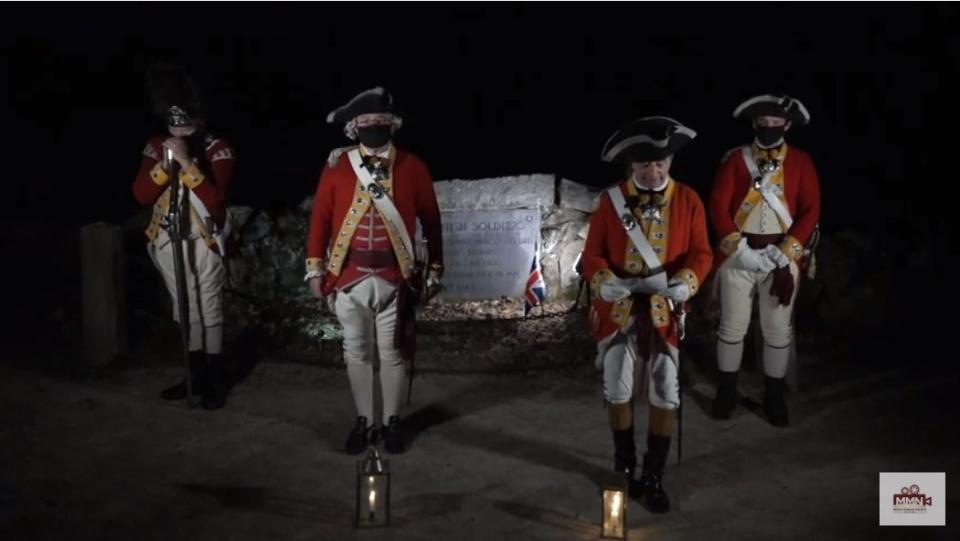Why the Founding Fathers passed the Third Amendment to the Constitution | Opinion
Editor's note: This is a regular feature on issues related to the Constitution and civics written by Paul G. Summers, retired judge and state attorney general.
The U.S. Constitution is the supreme law of America. Amendments are part of the Constitution. The first 10 Amendments, or Bill of Rights, were submitted to the state legislatures in September 1789. The Bill of Rights was ratified in December 1791.
Amendment Three to the United States Constitution restricts the “quartering” of soldiers in peoples’ houses without the consent of the owner. This applies during peacetime. Congress can prescribe “by law” the manner in which soldiers may be quartered during wartime.
Amendment III: “No Soldier shall, in time of peace be quartered in any house, without the consent of the Owner, nor in time of war, but in a manner to be prescribed by law.”
British Parliament once enacted what was labeled the Quartering Acts. American colonies were required to pay the costs of British soldiers who served in the colonies. If barracks did not have sufficient space or room, the colonists must lodge troops in livery stables, inns, and similar places.

The Quartering Act of 1774 provided that colonists might have to house soldiers wherever necessary, including private houses. This mandate of quartering soldiers was one of the grievances provided in the Declaration of Independence of 1776.
Hear more Tennessee Voices: Get the weekly opinion newsletter for insightful and thought provoking columns.
Sign up for Latino Tennessee Voices newsletter:Read compelling stories for and with the Latino community in Tennessee.
Sign up for Black Tennessee Voices newsletter:Read compelling columns by Black writers from across Tennessee.
What does the Third Amendment mean today?
The Third Amendment has minimal significance in modern times. Nonetheless, it clearly has implications and should be historically considered.
It is arguable that few, if any, Supreme Court decisions specifically address the issue. This amendment establishes an individual’s right to domestic privacy.
The people are protected against government intrusion in their homes and places in peacetime and wartime, with conditions. Be mindful that these are arguments, not Court decisions. The quartering of soldiers was a complaint or grievance of colonists which predicated our Declaration of Independence against Great Britain. It was an issue of great importance to colonists in 1776.
The Constitution and Amendments are the supreme law of the land. Our Constitution supersedes states’ constitutions and statutes, even federal statutes and acts. The judicial branch, headed by the U. S. Supreme Court, is the independent branch of our federal government. Judges decide controversies on the rule of law. They act as checks and balances on abuse of power by any of the branches, whether by act or action. They interpret what our Constitution says. The Supreme Court’s interpretation in a case or controversy is final.
We shall continue in a future article with the Fourth Amendment. Studying the Constitution is time well spent.
Paul G. Summers is a lawyer. He is a former appellate and senior judge, district attorney general, and the Attorney General of Tennessee. Raised in Fayette County, Judge Summers resides in Holladay and Nashville.
This article originally appeared on Nashville Tennessean: Why Founding Fathers passed the Third Amendment to the Constitution

